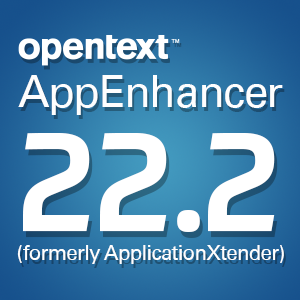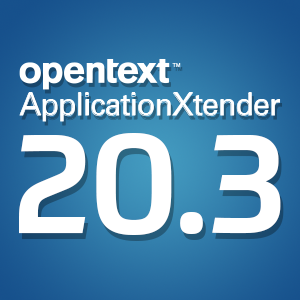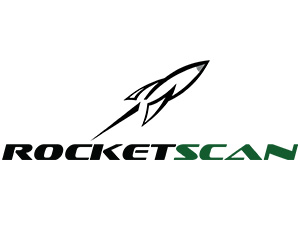Federal agencies support presidential records management memorandum
Friday, August 3, 2012While organizations consistently look for ways to improve information management and make operations more efficient, many federal agencies recently responded with approval to President Barack Obama's 2011 records management memorandum.
According to a recent study, 85 percent of federal managers favor the memorandum. Improving document management has a variety of benefits, from helping an organization be more productive to cutting costs, while improving access and security of records at the same time.
The study found that 93 percent of agencies have improved their focus on information management since the memorandum was released last November, and almost every respondent reported high levels of compliance with the Federal Records Act. However, only 51 percent of these agencies reported confidence with their ability to store and manage electronic data, and 71 percent said that training was their top concern when it comes to improving their strategies.
Investing in high-quality information management can help a business get a handle on its digital data, while document imaging can integrate paper and electronic records into one more easily managed resource. With these tools, a business can also reduce the cost of storing and backing up its data.
One primary benefit of document conversion service is the ability to go paperless – something many organizations are looking to do. In addition to simplifying the organization and management of data, going paperless allows a business to make public records more easily available, provide employees with the appropriate access to documents through mobile devices and computers and cut costs. All of these benefits work together to increase productivity and help the environment as well.
With a paperless office, any federal agency can help its employees get work done in a more efficient manner while reducing information storage and handling costs.
Brought to you by Image One Corporation, providing complete information governance since 1994.




